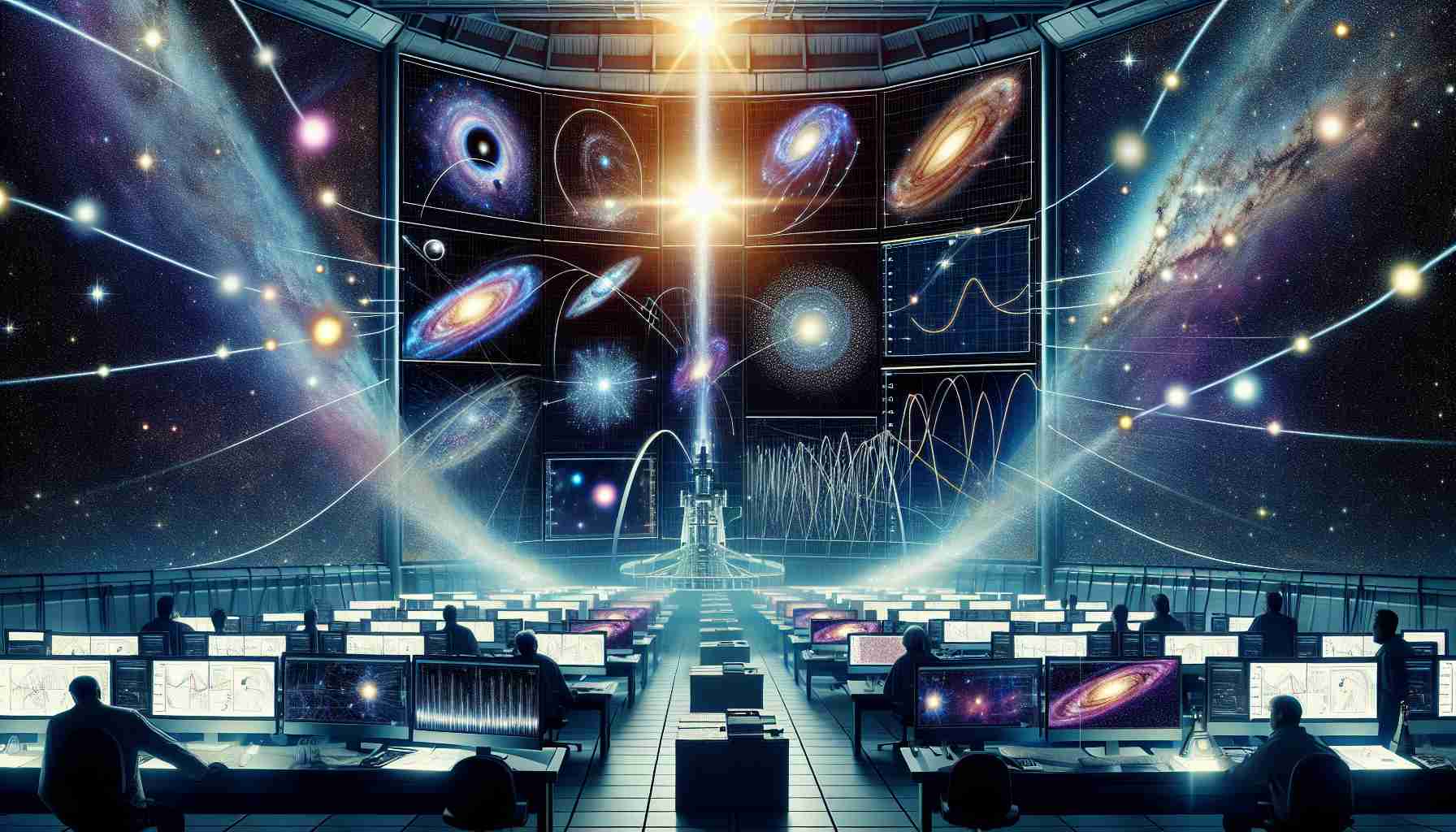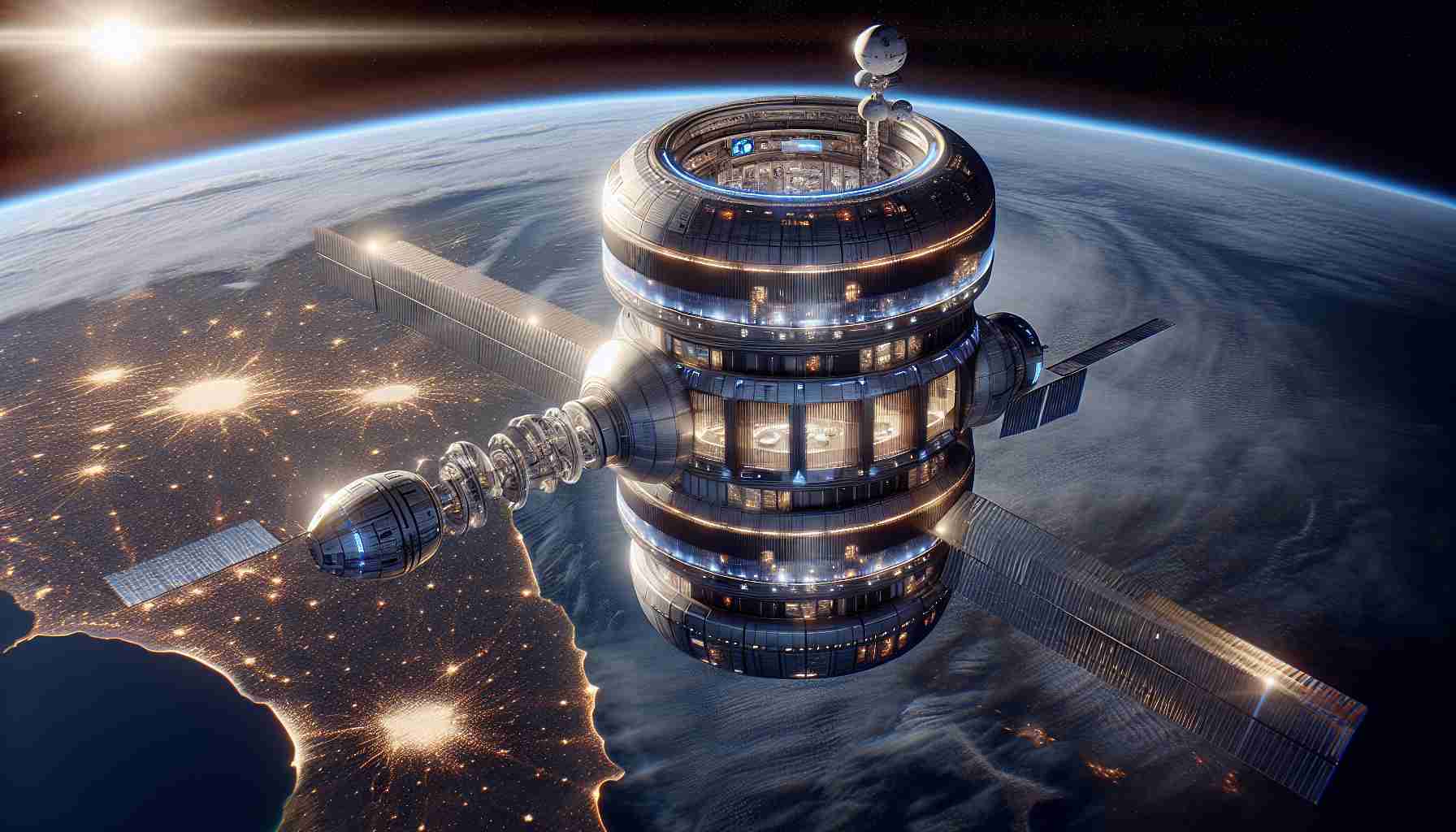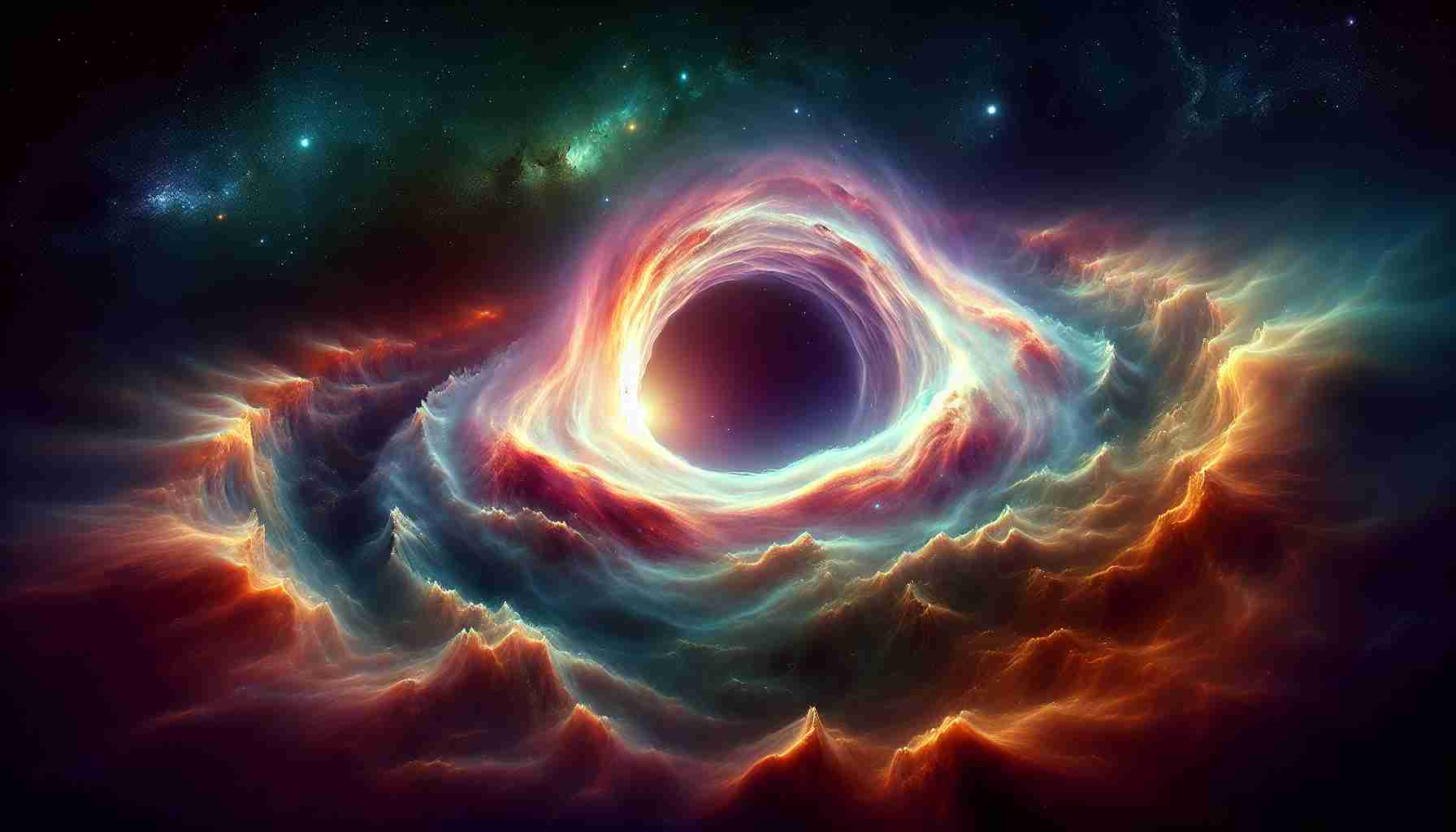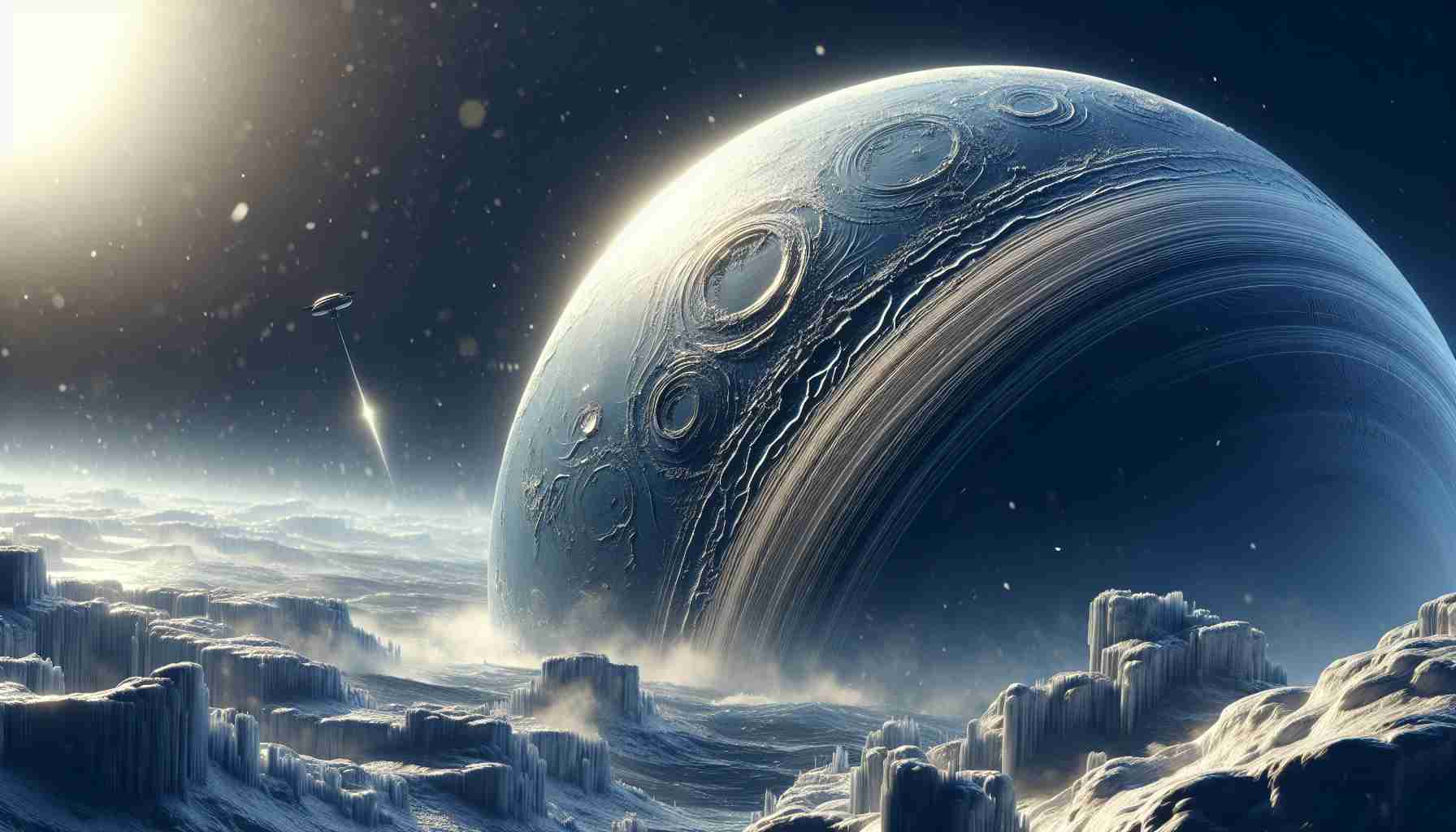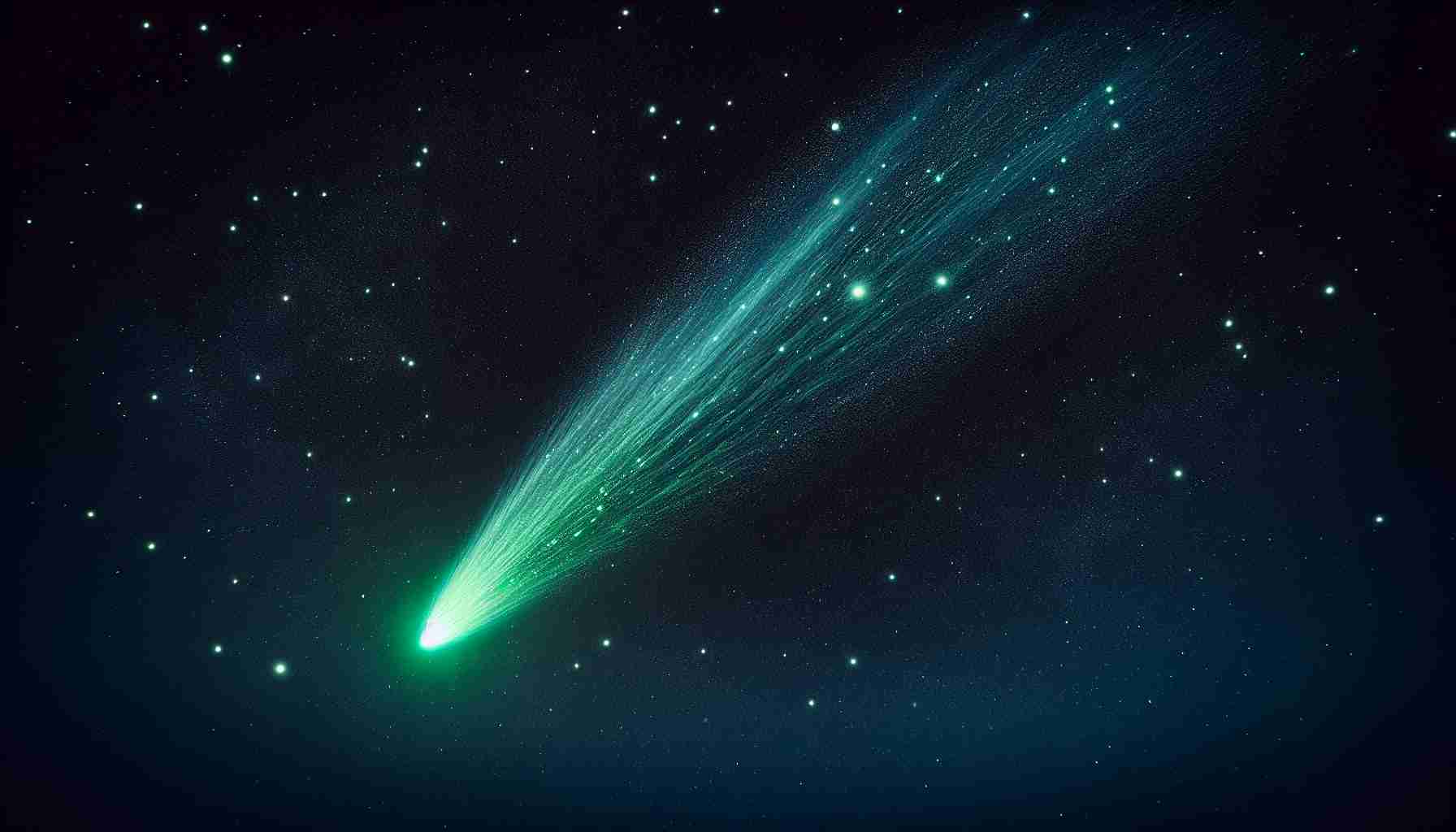An international team of astronomers has made a groundbreaking discovery that sheds light on the mystery of the universe’s expansion rate. Recent findings challenge current methods of determining the pace at which astronomical objects are moving apart due to the universe’s expansion.
The team’s research, utilizing data from the Hubble and James Webb space telescopes, has provided definitive measurements that confirm the Hubble constant’s value, a crucial parameter in cosmology. This discovery has raised questions about existing cosmological concepts and may necessitate the consideration of alternative explanations for the universe’s evolving dynamics.
Challenging the Established Norms
Measurements obtained in distant, primordial regions of the universe align with the current understanding of cosmic evolution. However, observations taken closer to Earth suggest discrepancies that challenge conventional cosmological theories. This discrepancy has prompted discussions about the need for a potential paradigm shift in physics to explain these newfound anomalies.
Exploring New Perspectives
Aside from proposing the notion of ‘new physics’ to address this cosmic conundrum, researchers have also contemplated the presence of inaccuracies in the current methods employed to gauge the universe’s expansion. By conducting innovative studies and utilizing advanced observational tools, scientists are striving to unravel hidden influences impacting the universe’s rate of expansion, such as the enigmatic dark energy.
Revolutionizing Cosmic Understanding
In a series of articles published in prestigious scientific journals like The Astrophysical Journal, astronomers have successfully calculated the Hubble constant using novel methodologies. By analyzing gravitational lensing effects from a specific type Ia supernova located in the G165 galaxy cluster, 3.6 billion light-years away, researchers have derived a value of 75.4 kilometers per second per megaparsec – a value that challenges previous models.
Embracing the Unknown
The latest findings provide a fresh perspective on cosmic dynamics, emphasizing the need for continuous exploration and reevaluation of existing theories. This paradigm-shifting discovery opens up new avenues for understanding the complexities of the universe and underscores the ever-evolving nature of scientific inquiry.
Expanding Horizons of Cosmic Exploration
In the wake of the groundbreaking discovery elucidating the mysteries of cosmic expansion, new research has unearthed intriguing aspects that further deepen our comprehension of the universe’s dynamics. One pressing question that arises from these revelations is: What implications does the accurately determined Hubble constant hold for our understanding of the universe’s evolution over time?
The confirmed Hubble constant value challenges traditional cosmological frameworks, hinting at potential inaccuracies in our current models of the universe’s expansion. Key challenges associated with this newfound knowledge revolve around reconciling discrepancies between observed data from diverse regions of the cosmos and refining our theoretical underpinnings to accommodate these variations effectively.
Uncovering Hidden Realms
One crucial point of consideration stems from the need to explore alternative explanations for cosmic expansion anomalies, hinting at possible revisions to established physical laws. The enigmatic nature of dark energy, for instance, represents a significant puzzle that researchers are actively investigating to shed light on its role in shaping the universe’s trajectory.
Advantages of this groundbreaking discovery include the prospect of revolutionizing our cosmic understanding, paving the way for fresh insights and paradigm shifts in cosmology. However, a notable disadvantage lies in the ensuing complexities that arise from revising existing theories and potentially disrupting long-standing scientific conventions.
Charting New Frontiers in Cosmic Inquiry
As astronomers delve deeper into the enigma of the universe’s expansion, the quest for a comprehensive model that accurately encapsulates its complexities persists. Addressing controversies surrounding cosmic evolution entails grappling with diverse perspectives, embracing uncertainty, and inviting a spirit of open-minded exploration to navigate uncharted territories of cosmic understanding.
For further reading on this captivating subject, consider exploring the latest developments in cosmology on NASA’s official website, where cutting-edge research and insights into the universe’s expansion and evolution continue to unfold.

